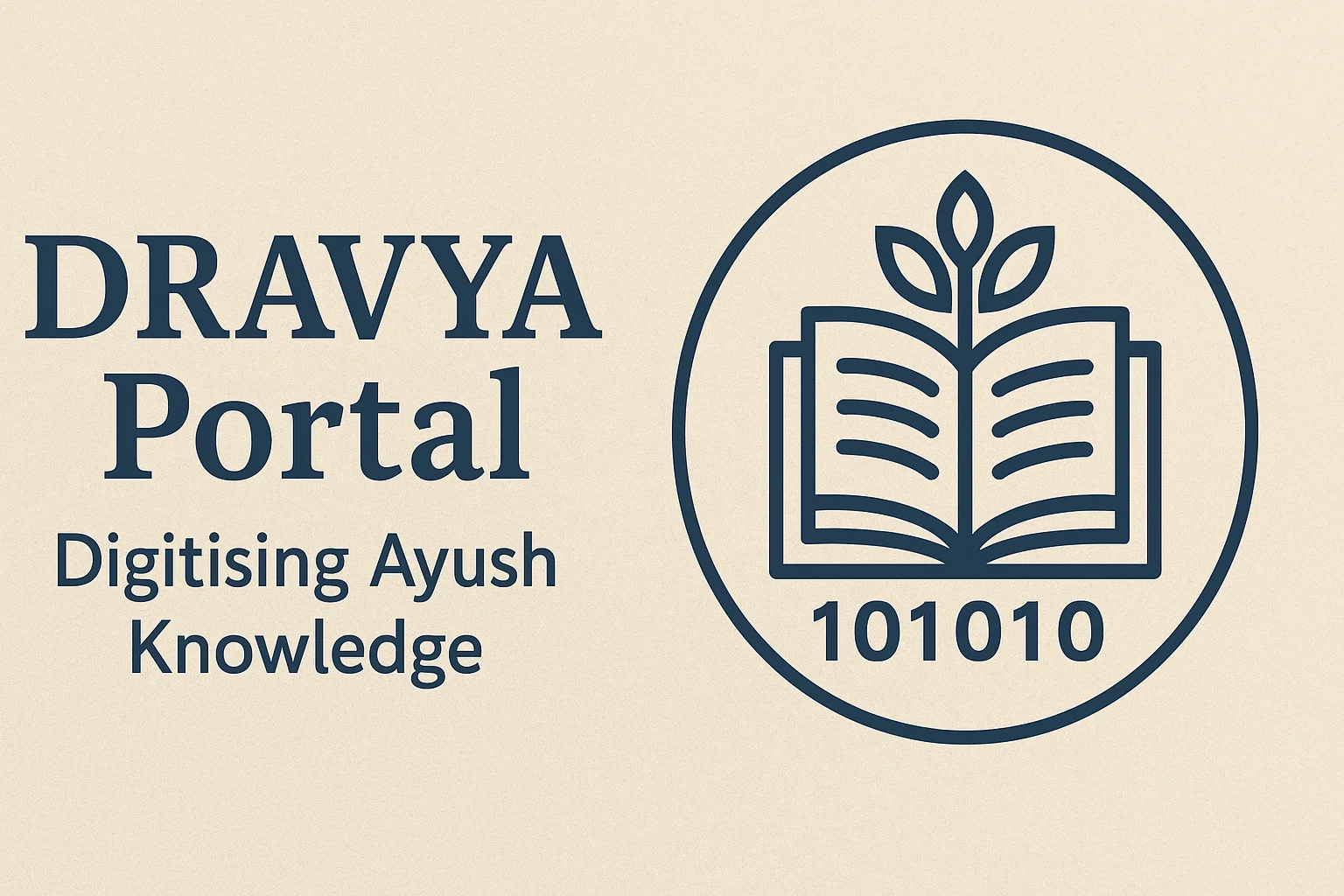Nominated Members in Legislatures
Context: The Union Home Ministry recently submitted an affidavit to the Jammu & Kashmir (J&K) and Ladakh High Court stating that the Lieutenant Governor (LG) of J&K can nominate five members to the Legislative Assembly without the aid and advice of the Council of Ministers.
More on News
- The Indian Constitution allows for nominated members in Parliament and State Legislatures, but the process differs between States and Union Territories (UTs).
- While nominated members in States are appointed on the advice of the Council of Ministers, the rules for UTs like J&K and Puducherry are governed by parliamentary statutes, leading to debates over executive discretion versus democratic principles.
Why are members nominated in State Legislative Assemblies and Parliament?
Nominated members are included in legislatures to ensure representation of expertise and underrepresented communities. The rationale includes:
- Expertise & Distinguished Service: The Rajya Sabha nominates 12 members from fields like literature, science, arts, and social service to bring specialised knowledge into legislative debates.
- Balanced Deliberation: Nominated members contribute non-partisan perspectives, enriching legislative discussions.
- However, in UTs like J&K and Puducherry, nominations serve additional purposes:
-
- Representation of Displaced Communities: J&K’s Assembly can nominate two Kashmiri migrants and one PoK displaced person to address their political exclusion.
- Gender Representation: Two women can be nominated to enhance gender balance.
-
Judicial Perspectives
The Madras High Court (2018) upheld the Centre’s power to nominate members in Puducherry without UT Ministers’ advice. The Supreme Court (2023, NCT of Delhi v. Union of India) emphasised the ‘triple chain of accountability’—ministers accountable to legislature, legislature to people.
How are nominations to State Legislative Assemblies, Parliament, and UT Legislative Assemblies different?
The process of nominating members varies significantly across different legislative bodies in India.
- Parliament (Rajya Sabha): Under Article 80 of the Constitution, the President nominates 12 members to the Rajya Sabha based on their distinguished contributions to fields like literature, science, art, or social service.
-
- This nomination is made on the advice of the Union Council of Ministers, ensuring that experts are included in parliamentary debates.
-
- State Legislative Councils: For states with bicameral legislatures (like Uttar Pradesh and Maharashtra), Article 171 allows the Governor to nominate one-sixth of the total members to the Legislative Council.
-
- These nominations are made on the advice of the State Council of Ministers, maintaining democratic accountability.
-
- Union Territories (Puducherry): Unlike states, the nomination process in UTs is governed by parliamentary laws.
-
- Section 3 of the Government of Union Territories Act, 1963 permits the Central Government (not the UT’s Council of Ministers) to nominate up to three members to the Puducherry Legislative Assembly.
-
- Jammu & Kashmir Assembly: The J&K Reorganisation Act, 2019 (as amended in 2023) allows the Lieutenant Governor (LG) to nominate five members—two women, two Kashmiri migrants, and one displaced person from Pakistan-occupied Kashmir (PoK).
- Key Differences:
-
- In the States and Parliament, nominations are made on the advice of elected governments, ensuring democratic legitimacy.
- In UTs like Puducherry and J&K, the Centre or LG holds nomination powers, leading to debates over executive discretion versus legislative autonomy.
- The purpose of nomination also differs—while Rajya Sabha nominations focus on expertise, UT nominations often aim at political representation of specific communities.
-


